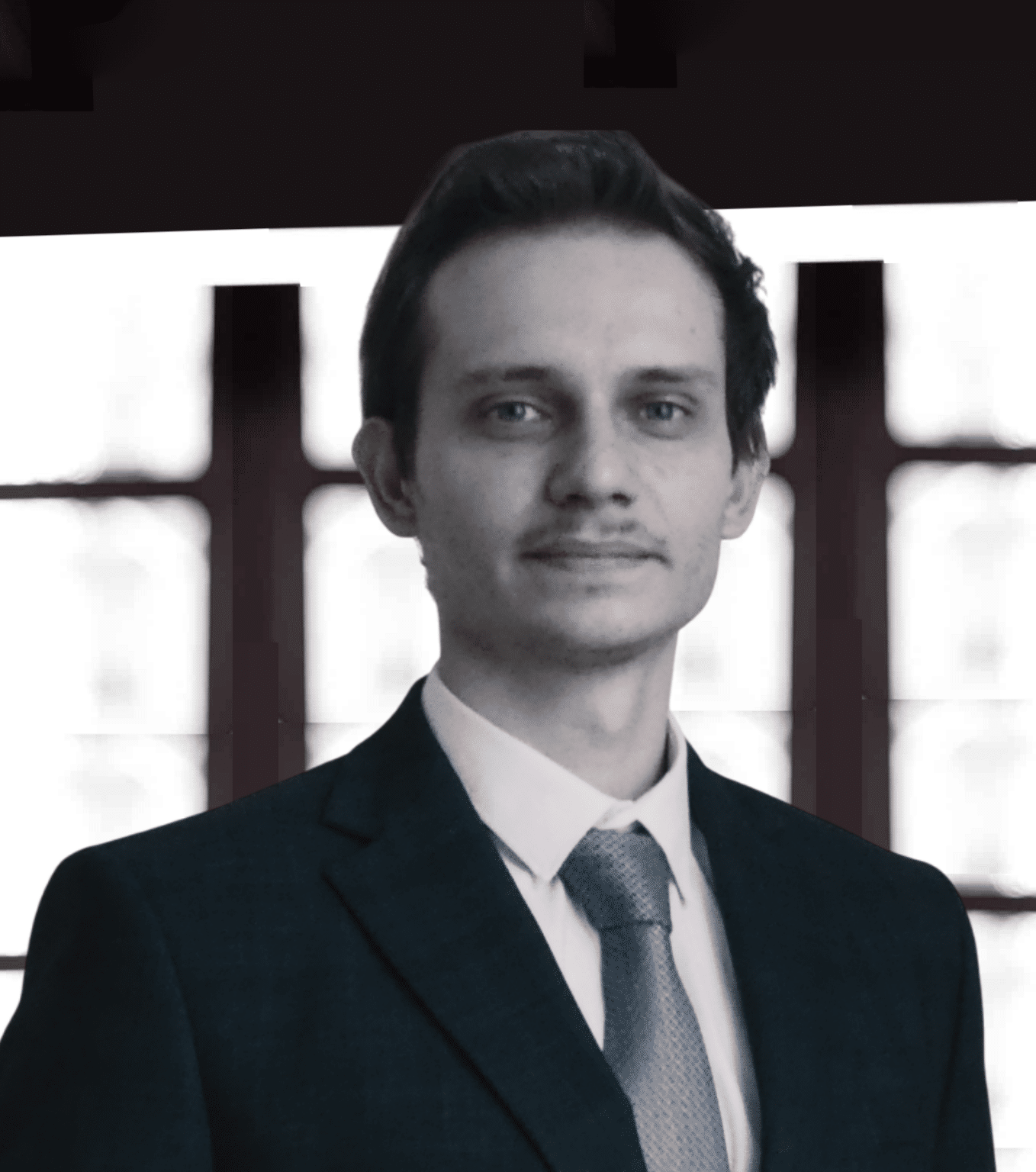Anne MACEY Confrontations Europe’s CEO This article was written at the request of Clingendael, leading Dutch think tank. The new French president and EU social issues Reformist, pro-European leader Emmanuel Macron intends to reform France and Europe, on economic and social issues; both are closely linked. Over the last four decades, France has failed to tackle massive unemployment, sluggish growth and rising public debt. Macron’s vision of social reforms is close to Northern-style countries. It might be summed up: (i) unleashed entrepreneurship and mobility by tackling obstacles/statutes and massive investment in people, (ii) social protection linked with the person rather than status to secure professional careers from job to job, and education/training to employment. Reforms are needed in France to restore credibility among our European partners and to reform Europe. His vision of Europe is twofold: “a Europe that invest in the future” and “a Europe that protects”: “openness
Ce contenu est réservé aux abonné(e)s. Vous souhaitez vous abonner ? Merci de cliquer sur le lien ci-après -> S'abonner












